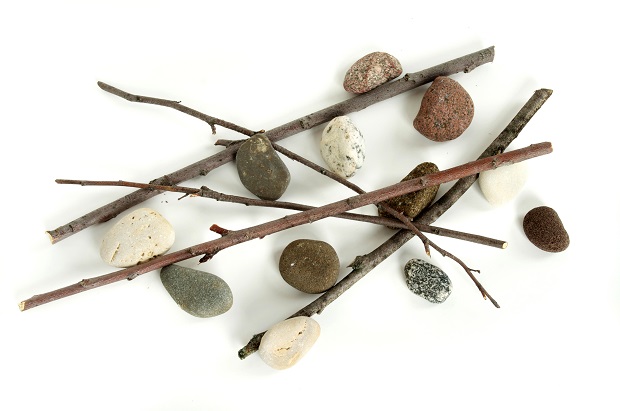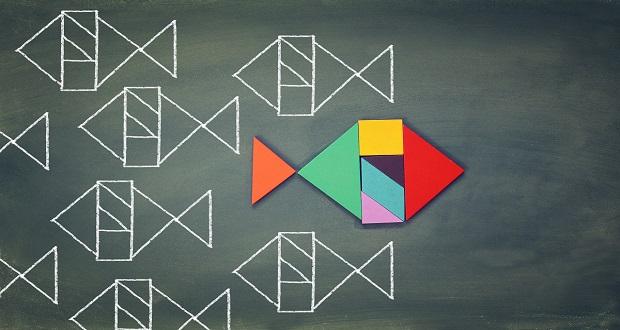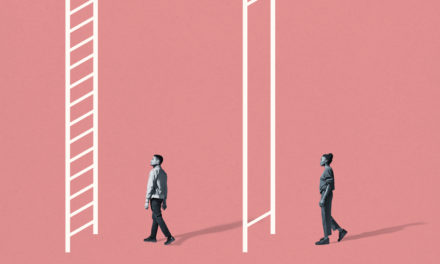
Childhood rhymes are chock full of life lessons to be learned. As youngsters, some are more easily understood than others and some are more readily learned. Many stick with us, and eventually as adults, we understand the lesson to be learned behind the rhyme. It is my opinion, however that the adage behind “Sticks and Stones” is by far the most misleading and one of the hardest to learn and implement. Misleading, because in the day to day realities of life, labeling is by far the most damaging; and emotional trauma can linger long after physical damage has healed.
We have all heard labels thrown around that we could wear as a badge and embrace as part of our identity, or that followed us like dark clouds that we wanted to throw away like trash. We’ve all been there before…whether in the schoolyard, in the neighborhood or at the office. Anyone of us is just as likely to be on the receiving end of a label or to be the one to apply a label – whether or not embraced or rejected. We are all encouraged to name things as soon as we are born as a way to identify the things around us and it starts with people–think “Mama” or “DaDa.” As children those names are usually tied to roles or physical attributes, but as we get older those names instead become labels that are tied to our character. The following is a story I have that contains a good example of this.
I prefer the label “black” versus “African American” even though I currently use both when describing myself and others, but that was not always so. I have one biological child (my others are step and adopted children) who attended the same home day care from 4 months until kindergarten. He was one of many children that did so with this provider – started as infants and left to attend school. My provider was Caucasian with mixed black children and the other children were predominantly the same – either Caucasian or mixed black with Caucasian mothers. Until my son was about 3 years old, other than a cousin who also attend, he was the only “culturally black” child there. The others were, what we (my son and I) years later, eventually labeled “genetically black” – but that is another story yet to be told.
Using my language of the time, I referred to a new child as black. It seemed an innocuous label and accurate…he was dark like us while almost all of the other children were not. I was not prepared for what eventually followed. One day my son told me unequivocally “I don’t want to be black!” “Huh?” I couldn’t have heard that correctly so I asked him to explain. “Black people are bad!” is what he said. I had to think about that. Where did he get that from? Later while watching “The Lion King” on VHS for the thousandths time it hit me! Scar – the villain is portrayed in dark colors, as like most villains, and my son had internalized the label black and rejected it – he did not want to be a bad person. That was when I began using the label African American, and really began to consider the words that I use. I also began to pay attention to what those words could mean to others.
Fast forward 20 years and labels are still a sensitive subject with many. Such that the fear of mislabeling prevents us from having open honest discussions about difference, what it means to us internally and how it manifests itself externally. We’ve all heard jokes around labels that are meant to be funny but are offensive to certain people and under certain circumstance can land you in the hot seat if voiced. How many of us have heard comments such as “____ people are …” (insert black, disabled, gay etc.) that are followed by generalizations that are offensive and erroneous. I am a very loquacious person and can readily admit that, while others will frankly say I talk too much. The point is I have labeled myself and accept that others may have a different definition for the same thing. What is important to note is that when you label others you consider this…”Is that my label or theirs?” For some, those names we use might as well be “sticks and stones.”


















